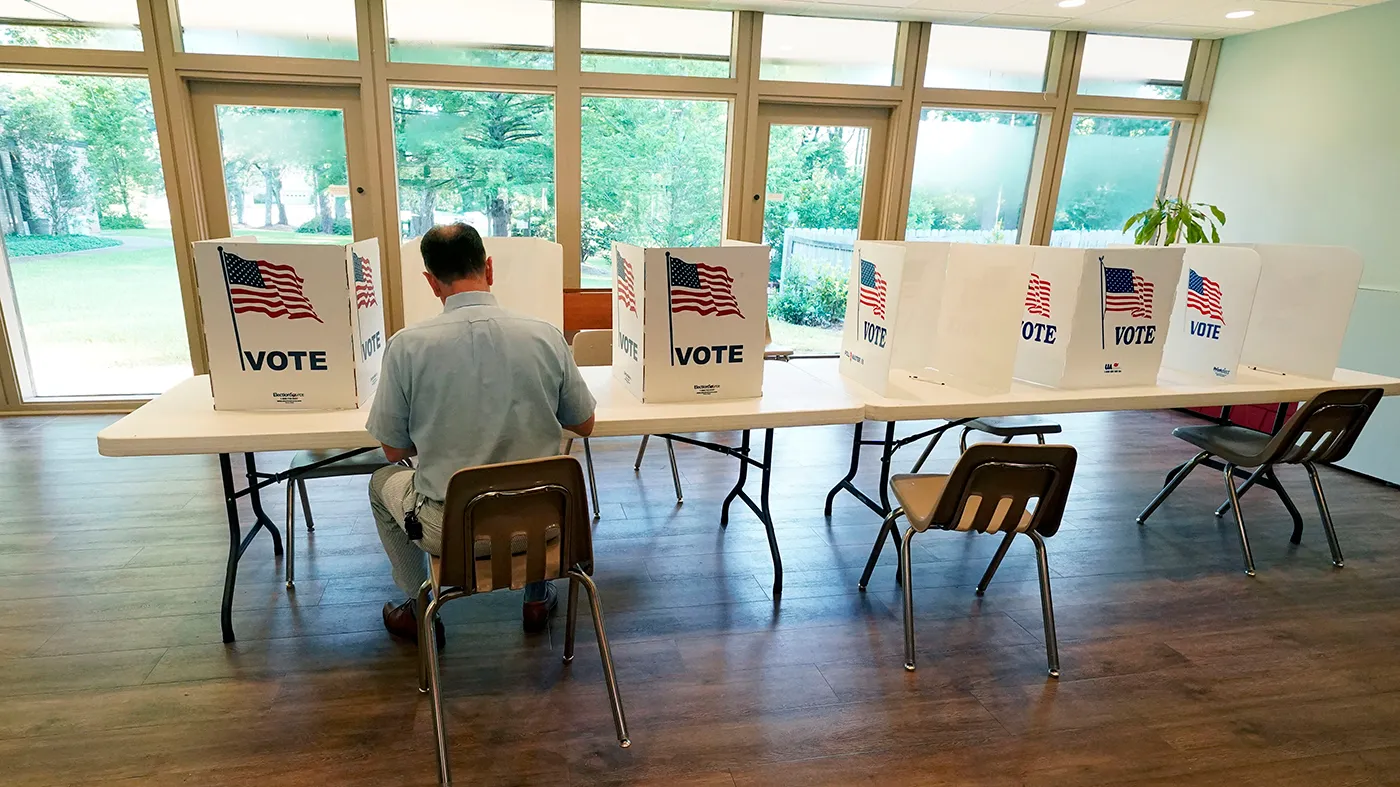A divided federal appeals court on Friday ruled that Mississippi cannot strip the right to vote from thousands of convicts after they complete their sentences, calling that a “cruel and unusual punishment” that disproportionately affected Black people.
A 2-1 panel of the New Orleans-based 5th U.S. Circuit Court of Appeals faulted a provision of Mississippi’s state constitution that mandates lifetime disenfranchisement for people convicted of a set of crimes including murder, rape and theft.
Siding with a group of convicts who sued in 2018 to regain their right to vote, U.S. Circuit Judge James Dennis wrote that the state’s policy violated the U.S. Constitution’s Eighth Amendment, which bars cruel and unusual punishments.
He said the state’s constitutional provision, Section 241, served no legitimate purpose, ensures former offenders are never fully rehabilitated, and was adopted in 1890 after the U.S. Civil War to “ensure the political supremacy of the white race.”
The provision, whose list of disqualifying crimes had been amended twice in the years, remained effective in achieving its “racially discriminatory aim,” Dennis said. Of the nearly 29,000 Mississippians convicted of disenfranchising offenses who had completed their sentences from 1994 to 2017, 58% were Black, he said.
He said Mississippi was “bucking a clear and consistent trend in our Nation against permanent disenfranchisement,” he said, noting that 35 states plus Washington, D.C., today disavow the practice.
Dennis was joined by U.S. Circuit Judge Carolyn Dineen King in reversing a lower-court judge’s ruling. Both are appointees of Democratic presidents on the conservative-leaning court.
“This is a major victory for Mississippians who have completed their sentences and deserve to participate fully in our political process,” said Jonathan Youngwood, a lawyer for the plaintiffs in the class-action lawsuit.
A spokesperson for Republican Attorney General Lynn Fitch said she would appeal the decision, as “the Supreme Court has signaled that felon disenfranchisement is not punishment.”
In a dissenting opinion, U.S. Circuit Judge Edith Jones, an appointee of former Republican President Ronald Reagan, noted the U.S. Supreme Court in 1974 held that state laws permanently disenfranchising felons did not violate their equal protection rights under the U.S. Constitution’s 4th Amendment.
“Today’s ruling disregards text, precedent, and common sense to secure its preferred outcome,” Jones wrote.

